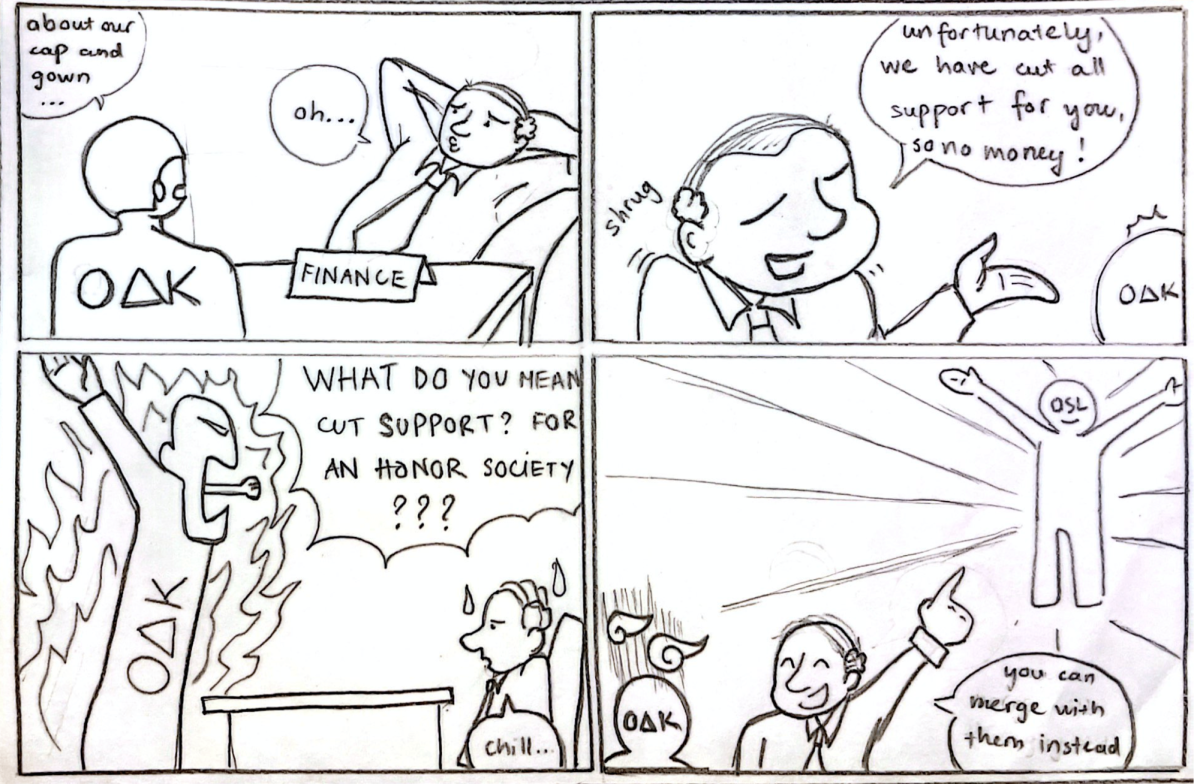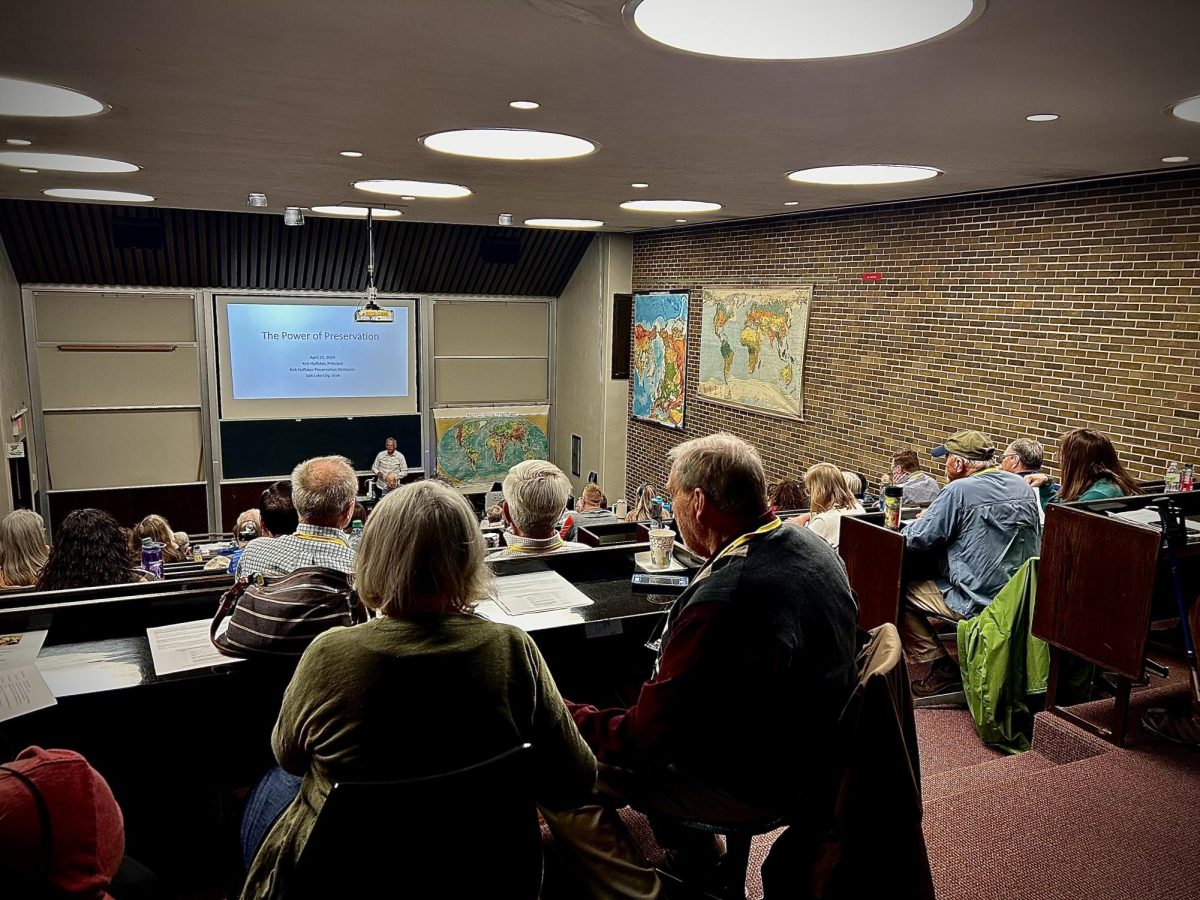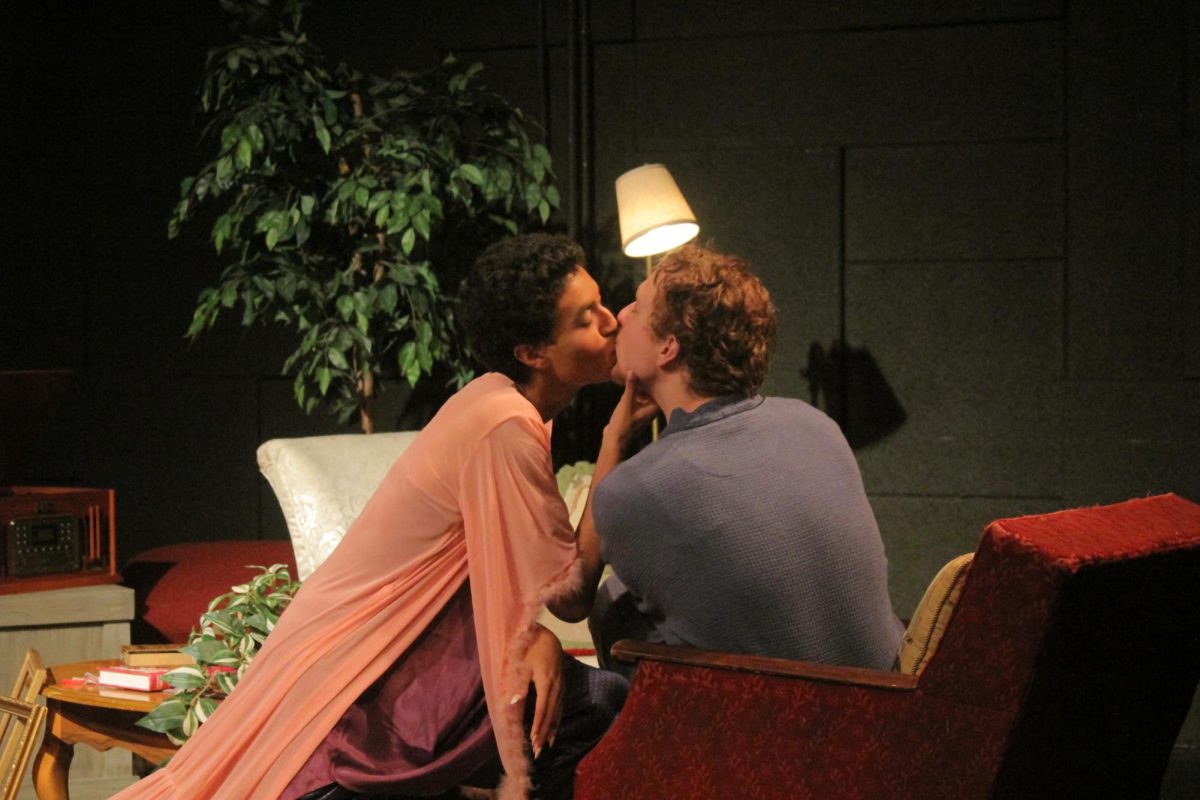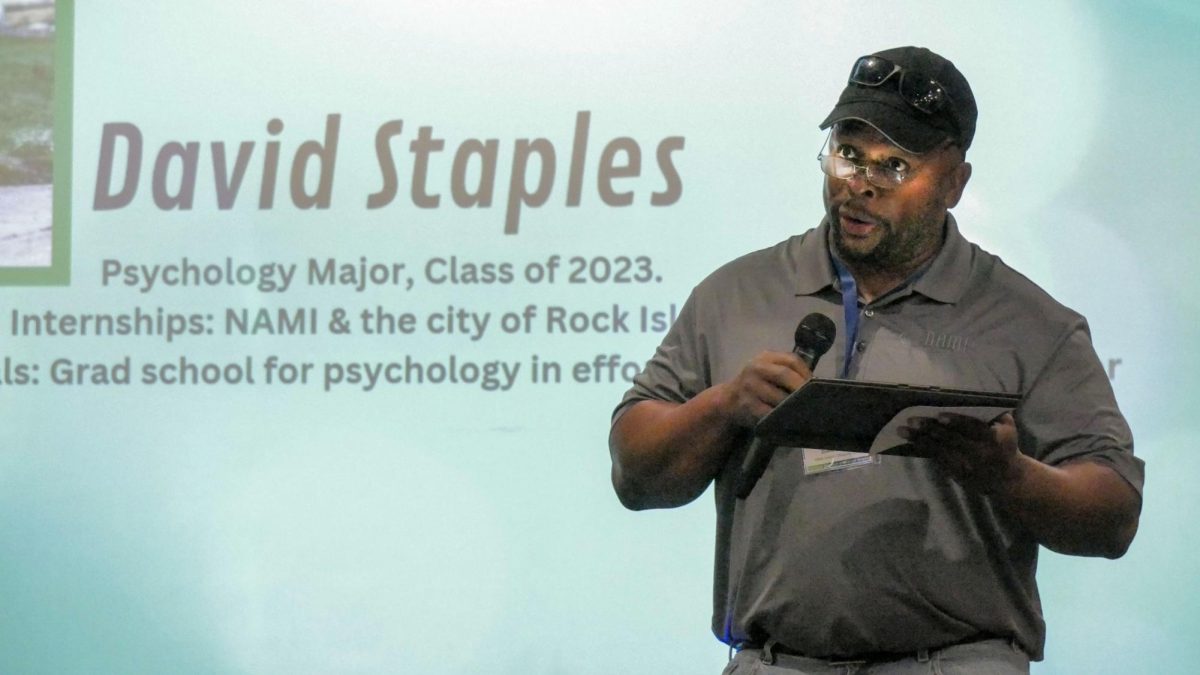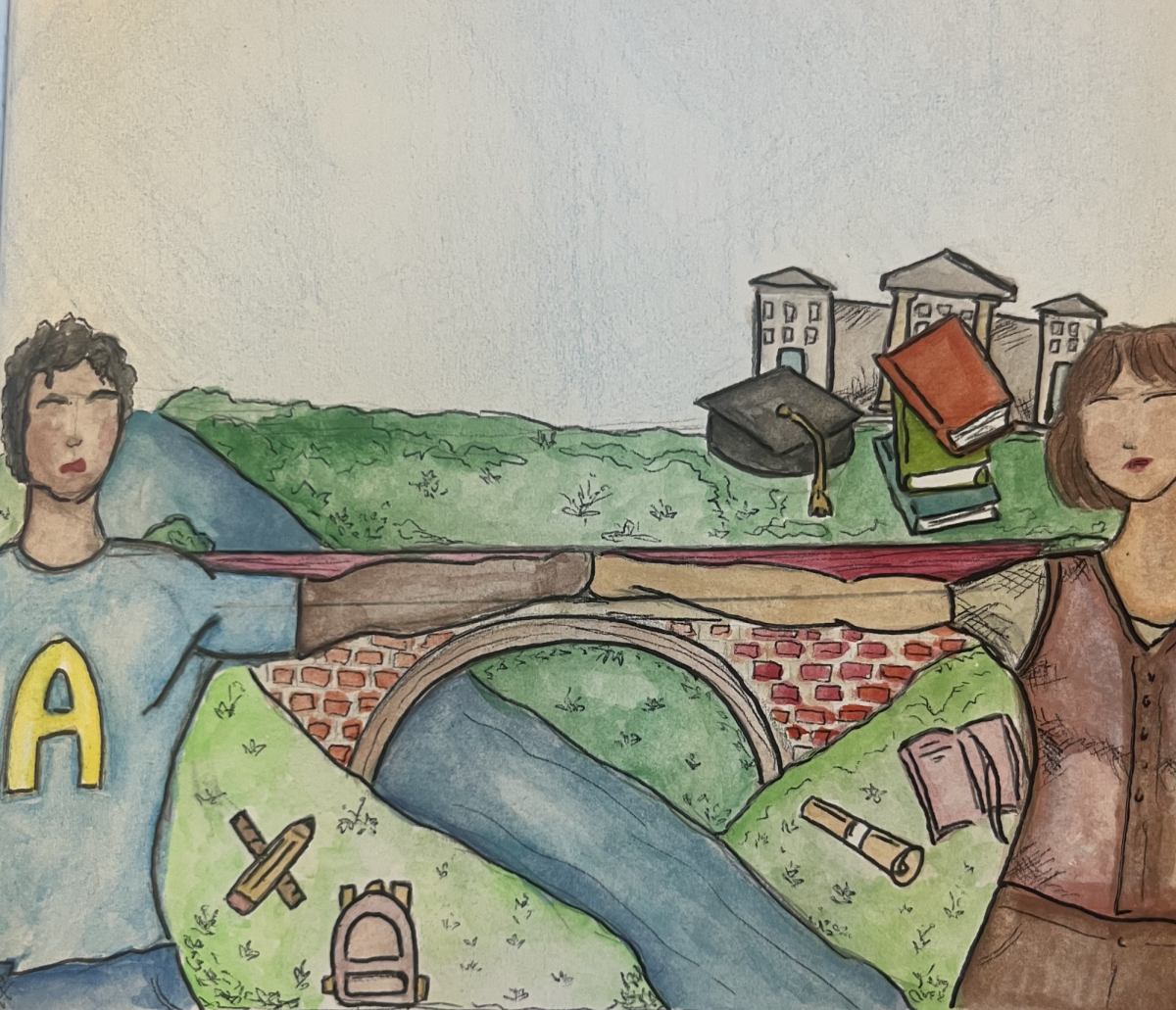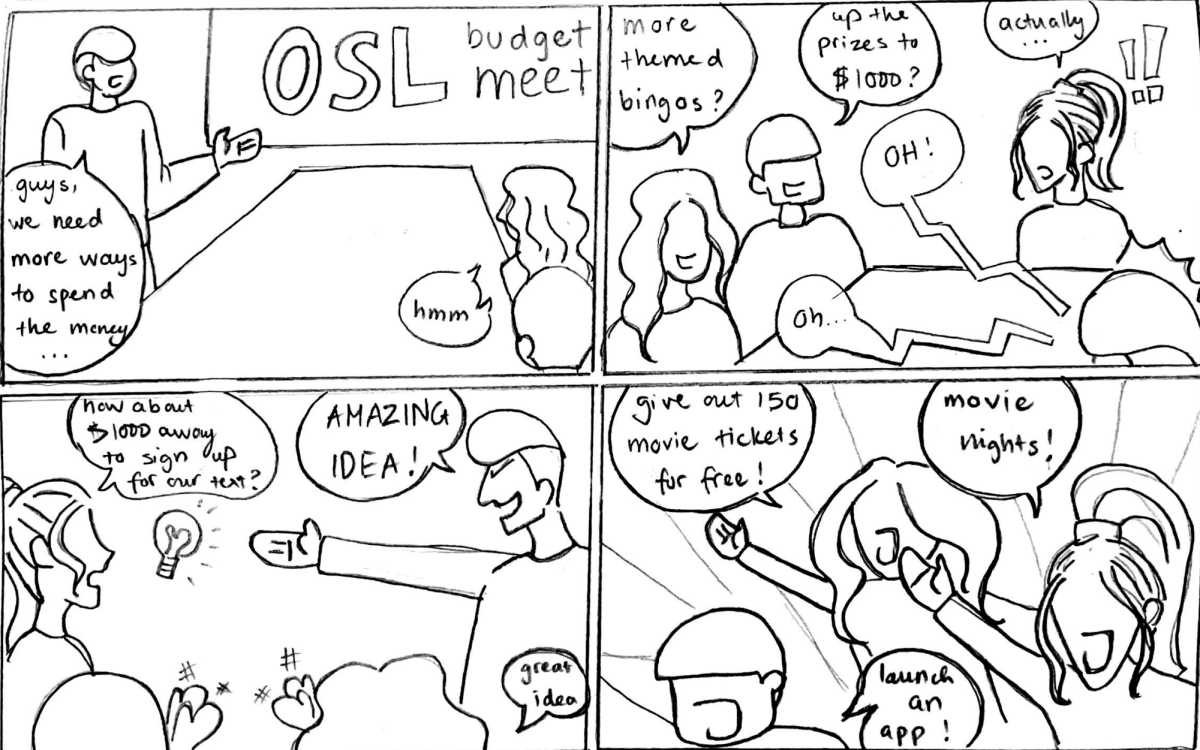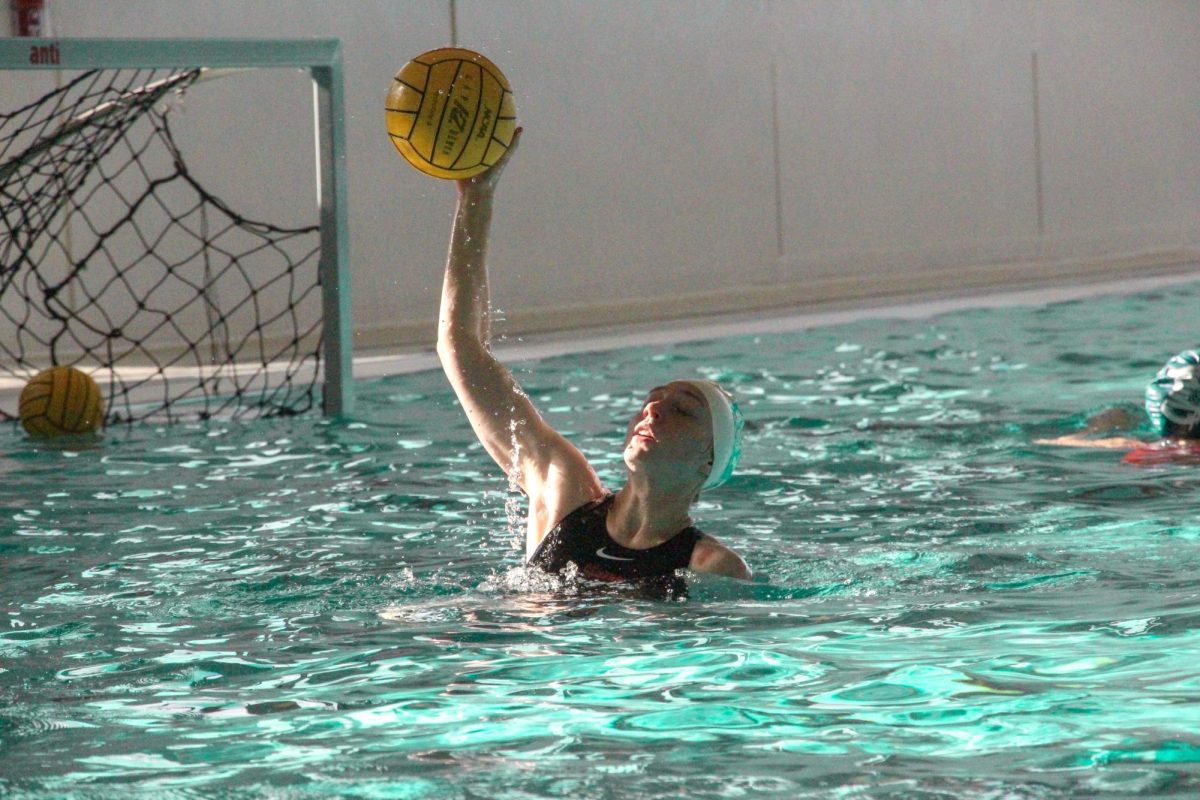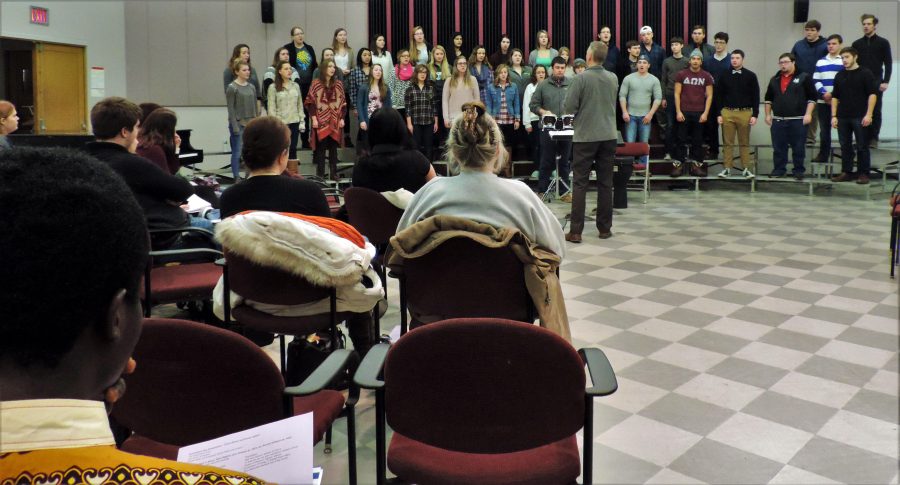Students at Augustana College often boast hectic schedules full of athletics, extracurriculars and homework. However, there’s one major that has ‘busy’ built into its definition: music education.
With the total amount of credits averaging around 145 to 149 total credits per student upon graduation, music education majors have the numbers to back up their active schedules.
“Music education majors need to fulfill all the requirements for the education degree (classes and clinical hours) as well as the requirements for the music degree (which includes classes, lessons, and ensembles),” said Ashley Almquist, a senior music education major with an instrumental concentration. “No other major on campus requires that amount of time commitment in and out of class hours.”
“The only time I’m not doing something for music education is when I’m sleeping, and that’s pretty much it,” said junior Annie Mitchell, a music education major with a vocal concentration.
From an advising standpoint, the department has made sure that while the major is rigorous, it’s not impossible.
“It’s not as bleak as it looks on paper,” said Frederick Jaeschke, associate professor of music. “We work through careful advising so that they’re not killing themselves.”
The first year track of Musicianship can prove to be a determining factor in whether or not an Augustana student continues with the major. Musicianship 111, the first course into the major, offers a PA, or perspective in the arts, for those who decide to choose another path.
While many majors favor content heavy courses exclusively for upperclassmen, music education is forced to implement intensive historical and technical courses immediately, which can sometimes lead to few, but early losses.
“At the beginning level they make it so hard, and kids just quit, and I think we miss out on a lot of kids who could be good music education majors,” said Mitchell. “That’s just not fair, because being able to analyze a bunch of chords and sight sing and name a bunch of composers doesn’t make you a good music teacher.”
The expectations of the department are clear: dedication, hard work, practice and especially passion are necessary traits of a music educator. Not all those who enter the program finish, but for those who embrace the challenge, the reward is well worth the stress.
“The program puts us into real classrooms starting freshman year,” said Dena Baity, a senior music education major with an instrumental concentration. “It keeps you going.”
Unlike other students, music education majors find a majority of their days consumed by their craft. Their extracurriculars consist of ensembles. Their student jobs consist of directing church choirs, monitoring the listening lab, or teaching lessons. Their classes consist of the same familiar faces all four years of study. Each week is its own miniature marathon.
According to Baity, she spends an estimated 60 hours a week concentrated on some aspect of music education.
“Every music education student has a bit of a different story since we ‘specialize’ in an instrument and things,” said Baity. “I’m in band, jazz band, orchestra, and a brass quintet. That works out to about 13 hours of rehearsal a week. Add in improv, trumpet, and conducting lessons for another 2 hours of lessons.”
The rigorous schedule proves to be a beneficial aspect of the major for many of the students.
“We’re used to doing a million things, and being so stressed out, that it will make being a teacher a piece of cake,” said Mitchell.
To Jaeschke, the austerity is not only necessary, but expected to be able to tackle the real world. “They are licensed professionals, certified professionals,” he said. “They’re at that next level beyond a degree.”
It’s not just the course load that sets music education majors apart. They also have to combat a variety of naysayers concerning their profession, even within the field of education. Music teachers sometimes find themselves required to fight for their programs, having to convince schools to preserve their arts program.
The assumptions concerning the major on a collegiate level is the same. There’s an expected ease that comes with the association of music.
“I think people hear ‘music major’ and tune out the education part, so they think we’re just sitting in a circle playing our instruments and singing all day,” said senior Dena Baity. “Music majors work really hard, and music education majors add all of the education requirements on top of that.”
With classwork, ensembles, and performance tours together, music education majors are often forced to be somewhat homogenous.
“I heard a lot my freshman year that music education majors are ‘cliquey’ and don’t get out much,” said Almquist. “While this may be true depending on the person, we have no choice but spending time and doing homework whenever we have time with those people we have class with.”
Sophomore Sean Harty, a psychology and music education major, agrees. “A lot of people will think that we don’t like to try to meet people from other departments, and that’s not true. We really enjoy meeting other people, it’s just we tend to stick with our own kind because we know that our schedules all work with each other.”
After all the hours spent in clinicals, classrooms and performance halls, it’s clear that the journey to becoming a music teacher is well worth the struggle, especially at Augustana. Two words come to mind after glimpsing the students that exit the program: polished and prepared.
With a high placement rate, it’s clear that the hardships and precision of the program, which has been molded over the years, are extremely valuable when it comes down to each student’s final goal: employment.
“Augustana has a good reputation,” said Jaeschke. “The faculty here has a lot of connections in the music community, and we have a lot of interaction with schools through music programs, so word gets out. The interaction we have is a real key.”
The reward of such an education is clear, especially to those who are entering their final term.
“Throughout the last couple years, there were times where I didn’t think I would make it, or that I wouldn’t be able to teach because there were lots of late nights and tears,” said Almquist. “But the most rewarding is when you get to go into your field during observations and clinicals, or perform in your ensemble, and you remember why you do music in the first place, or why you love kids. And those are the moments that make all the long nights and long papers totally worth it, because you realize that once you get that degree, you’ll be able to change a child because music was in their life.”
A glimpse into the education backpacks of Bergendoff
January 27, 2016
Attentive audience members listen to a song preformed by the Augustana Choir during their Symposium Day event in Bergendoff.

